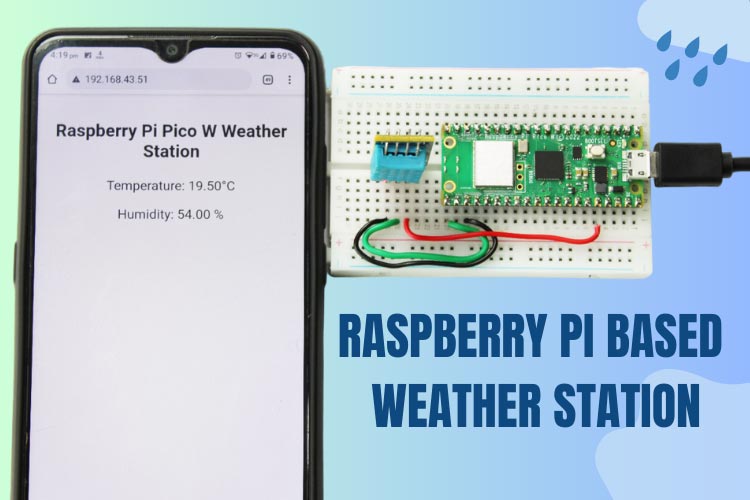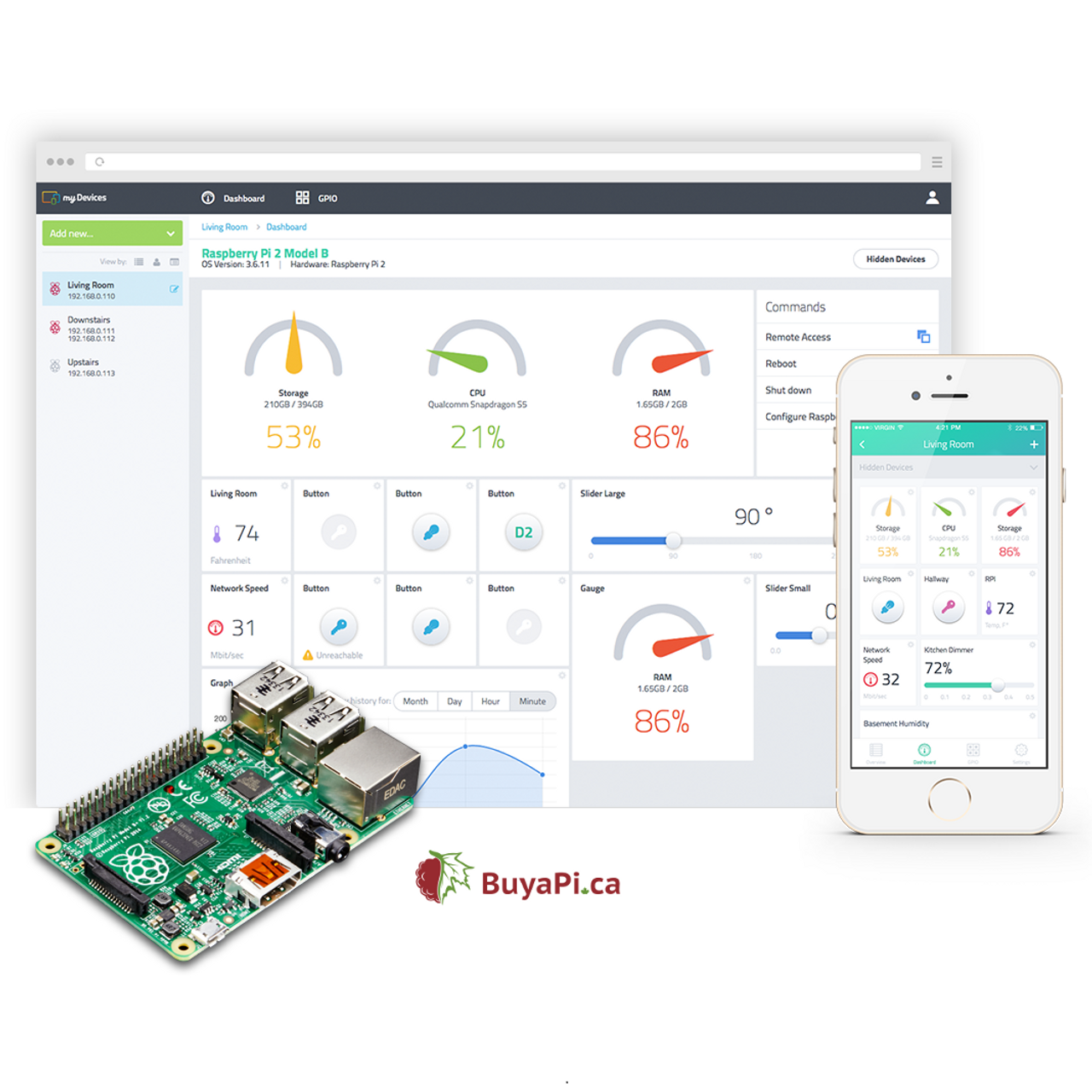Best Remote SSH IoT Platform For Raspberry Pi: Your Ultimate Guide
Looking for the best remote SSH IoT platform for Raspberry Pi? You’ve landed in the right place, buddy. Whether you're a seasoned developer or just starting your IoT journey, connecting your Raspberry Pi to a remote SSH platform is a game-changer. This setup allows you to manage, monitor, and control your devices from anywhere in the world. So, buckle up, because we’re about to dive deep into the world of IoT and Raspberry Pi magic.
Let’s face it—Raspberry Pi has taken the tech world by storm. From hobbyists to professionals, everyone’s jumping on the Raspberry Pi train. But here’s the kicker: to truly unlock its potential, you need a reliable remote SSH IoT platform. This setup lets you access your Pi remotely, making it perfect for home automation, weather stations, security systems, and more.
Now, before we get into the nitty-gritty, let’s clear something up. Remote SSH isn’t just for geeks anymore. It’s a practical solution that saves time and effort. Imagine being able to tweak your smart home settings from your office desk or troubleshoot your IoT project while on vacation. Sounds awesome, right? Let’s explore the best platforms to make this happen.
- Alice Rosenblum Of Leaks The Untold Story Behind The Whistleblower
- Alice Rosenbluk Leaked Whatrsquos Really Going On And Why You Should Know
Table of Contents
What is SSH and Why Does It Matter?
Raspberry Pi Basics: A Quick Refresher
- Leaked Alice Rosenblum Onlyfans The Truth Behind The Headlines
- Unveiling The Truth Alive Rosenblum Leaked Ndash What You Need To Know
Top Remote SSH IoT Platforms for Raspberry Pi
Comparison of the Best Remote SSH IoT Platforms
Tips for Choosing the Right Platform
Security Best Practices for Remote SSH
Conclusion: Wrapping It All Up
What is SSH and Why Does It Matter?
SSH stands for Secure Shell, and it’s basically the Swiss Army knife of remote device management. It allows you to securely connect to your Raspberry Pi from another computer, even if it’s on the other side of the planet. SSH encrypts all data transferred between devices, which makes it super secure compared to older protocols like Telnet.
Here’s why SSH matters for IoT:
- Secure communication between devices
- Remote access to Raspberry Pi without physical presence
- Automation of tasks through scripts and commands
- Monitoring and troubleshooting from anywhere
Think of SSH as your invisible hand, letting you control your Raspberry Pi without needing to be in the same room—or even the same country.
Raspberry Pi Basics: A Quick Refresher
Before we dive into the platforms, let’s talk about the star of the show: the Raspberry Pi. This tiny yet powerful device has revolutionized the maker community. With its affordable price and versatile capabilities, it’s perfect for a wide range of projects.
Here are some key features of Raspberry Pi:
- Compact size and low power consumption
- Support for multiple operating systems (Raspberry Pi OS, Ubuntu, etc.)
- GPIO pins for interfacing with sensors and actuators
- Wi-Fi and Bluetooth connectivity for wireless communication
Now that we’ve covered the basics, let’s move on to the exciting part: the best remote SSH IoT platforms for Raspberry Pi.
Top Remote SSH IoT Platforms for Raspberry Pi
There’s no shortage of platforms out there, but not all are created equal. Below, we’ll explore the top contenders that offer seamless integration with Raspberry Pi and robust SSH capabilities.
Platform 1: BalenaCloud
BalenaCloud is like the Beyoncé of IoT platforms—flawless and versatile. It’s specifically designed for managing fleets of IoT devices, including Raspberry Pi. With BalenaCloud, you can deploy, monitor, and update your projects remotely with ease.
Key Features:
- Container-based architecture for scalability
- Real-time device monitoring and logging
- Automatic updates and rollback capabilities
- Support for multiple hardware platforms
According to a report by IoT Analytics, BalenaCloud is one of the most trusted platforms in the industry, with over 100,000 developers relying on it for their projects.
Platform 2: Resin.io
Resin.io (now part of Balena) is another powerhouse in the IoT world. It offers similar features to BalenaCloud but with a slightly different focus. Resin.io is great for developers who want a straightforward, user-friendly interface without sacrificing functionality.
Key Features:
- Easy deployment of Docker containers
- Secure device management through SSH
- Integration with popular CI/CD pipelines
- Support for a wide range of IoT devices
Fun fact: Resin.io was acquired by Balena in 2019, which means you get the best of both worlds with this platform.
Platform 3: ThingsBoard
ThingsBoard is like the DIY enthusiast’s dream come true. It’s an open-source IoT platform that gives you full control over your data and devices. If you’re into customization and prefer not to rely on third-party services, ThingsBoard is the way to go.
Key Features:
- Scalable and flexible architecture
- Real-time data visualization and analytics
- Support for MQTT, CoAP, and HTTP protocols
- Extensive documentation and community support
ThingsBoard has been downloaded over 1 million times, proving its popularity among developers worldwide.
Platform 4: Ubidots
Ubidots is all about simplicity and ease of use. It’s perfect for beginners who want to get started with IoT without getting bogged down by complex configurations. Ubidots offers a user-friendly dashboard where you can monitor and control your devices with just a few clicks.
Key Features:
- Pre-built integrations for popular sensors
- Real-time data visualization through widgets
- Support for cloud-based and on-premise deployments
- Free tier for small-scale projects
Ubidots has been used in over 100 countries, making it one of the most accessible platforms for IoT enthusiasts.
Platform 5: Losant
Losant is like the Swiss Army knife of IoT platforms. It offers a wide range of features, from device management to workflow automation. If you’re looking for a platform that can handle both simple and complex projects, Losant is worth considering.
Key Features:
- Drag-and-drop workflow builder
- Support for edge computing and cloud integration
- Real-time data visualization and analytics
- Extensive API documentation
Losant has been recognized as one of the top IoT platforms by Gartner, a leading authority in the tech industry.
Comparison of the Best Remote SSH IoT Platforms
Now that we’ve covered the top platforms, let’s compare them side by side:
| Platform | Key Features | Best For |
|---|---|---|
| BalenaCloud | Scalability, container-based | Enterprise-level projects |
| Resin.io | User-friendly, Docker support | Beginners and hobbyists |
| ThingsBoard | Open-source, customization | DIY enthusiasts |
| Ubidots | Simplicity, pre-built integrations | Small-scale projects |
| Losant | Workflow automation, edge computing | Complex projects |
Choosing the right platform depends on your specific needs and budget. For example, if you’re building a large-scale IoT network, BalenaCloud might be the best option. But if you’re just starting out, Ubidots could be a more suitable choice.
Tips for Choosing the Right Platform
Here are a few tips to help you make the right decision:
- Define your project requirements and budget
- Consider the platform’s scalability and flexibility
- Check for community support and documentation
- Test the platform with a small-scale project first
Remember, the best platform is the one that aligns with your goals and skill level.
Security Best Practices for Remote SSH
Security should always be a top priority when working with IoT devices. Here are some tips to keep your Raspberry Pi safe:
- Use strong, unique passwords for SSH access
- Enable two-factor authentication whenever possible
- Disable password-based login and use SSH keys instead
- Regularly update your Raspberry Pi’s firmware and software
According to a study by Symantec, over 60% of IoT devices are vulnerable to attacks due to weak security practices. Don’t let your project become part of that statistic!
Conclusion: Wrapping It All Up
So, there you have it—the best remote SSH IoT platforms for Raspberry Pi. Whether you choose BalenaCloud for its scalability, ThingsBoard for its customization options, or Ubidots for its simplicity, the key is to find a platform that meets your needs and budget.
Here’s a quick recap:
- SSH is essential for secure remote access to your Raspberry Pi
- BalenaCloud, Resin.io, ThingsBoard, Ubidots, and Losant are top contenders
- Security and scalability should be your top priorities
Now it’s your turn to take action. Try out a few platforms, experiment with different configurations, and see which one works best for you. And don’t forget to share your experience in the comments below. Happy tinkering, and may the SSH be with you!



Detail Author:
- Name : Kara Raynor
- Username : erdman.cathy
- Email : river.hane@gmail.com
- Birthdate : 1991-07-03
- Address : 245 Vivien Throughway Apt. 346 North Evert, IA 77618
- Phone : +1-541-809-1338
- Company : Dach, Barrows and Gutkowski
- Job : Recreational Therapist
- Bio : Quam laudantium quia maiores voluptatem eveniet sit cumque. Blanditiis ut incidunt voluptas sint iure.
Socials
tiktok:
- url : https://tiktok.com/@joesph_bashirian
- username : joesph_bashirian
- bio : Dolores vel excepturi qui illum tempore.
- followers : 3596
- following : 1848
facebook:
- url : https://facebook.com/joesph.bashirian
- username : joesph.bashirian
- bio : Velit nobis iusto odio totam repellendus quod.
- followers : 1040
- following : 265